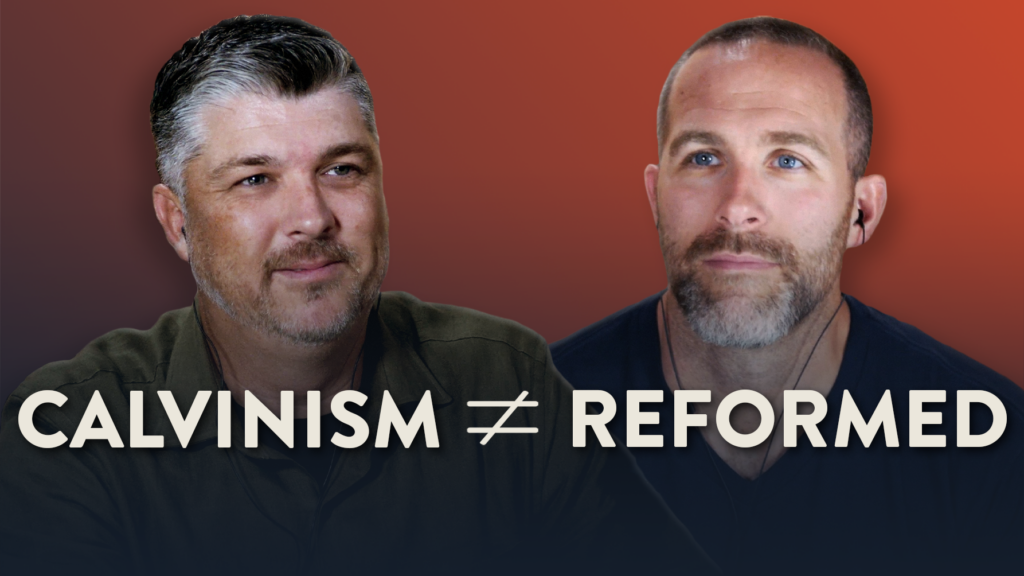
For many people, “Reformed” means “Calvinism.” While Calvinism is certainly a piece of Reformed theology, Reformed theology is much more than Calvinism. In this conversation, Jon and Justin talk about the differences between the modern Calvinistic evangelical movement and the historic Reformed faith. The guys talk autobiographically and also aim to put words to the experiences of many Christians.
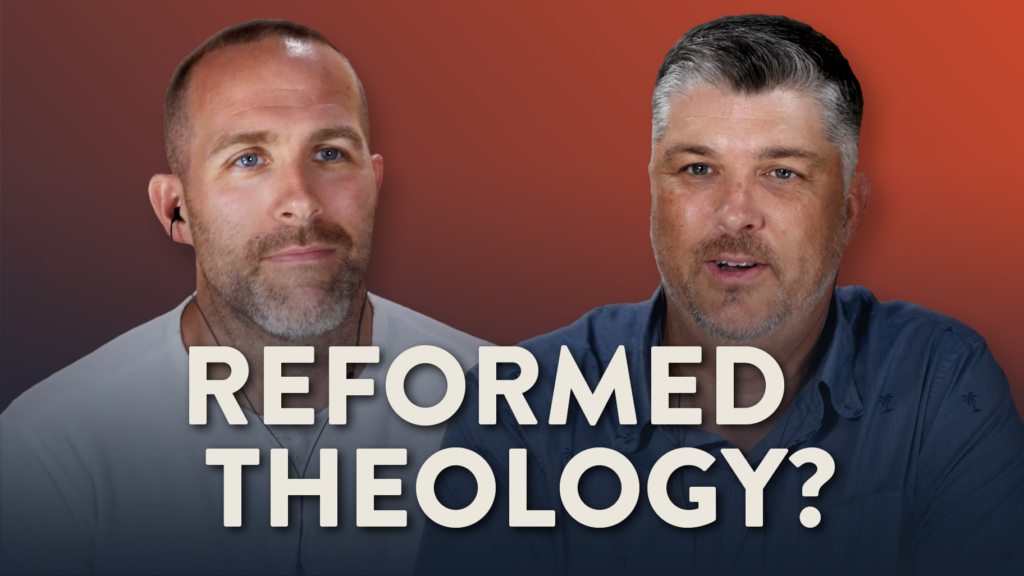
We often get the questions, “What does it mean to be Reformed?” and “What is Reformed theology? In today’s episode, Jon and Justin answer these questions by discussing five historical tenets of Reformed theology: covenant theology, Calvinism, confessionalism, ordinary means of grace, and the law/gospel distinction. (The guys sneak in one additional matter of doctrine at the end, as well.)
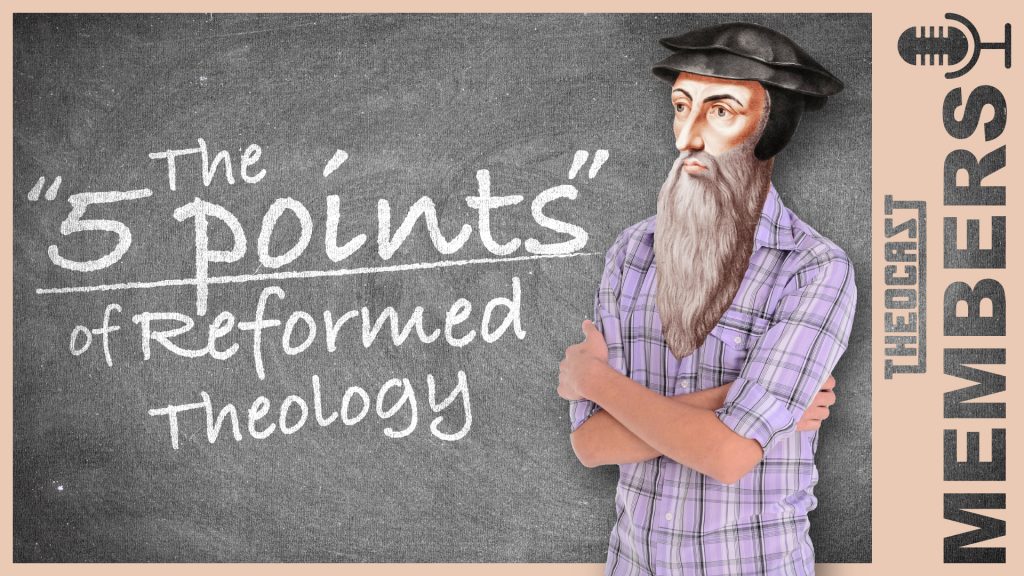
The guys continue the conversation around the major tenets of reformed theology.
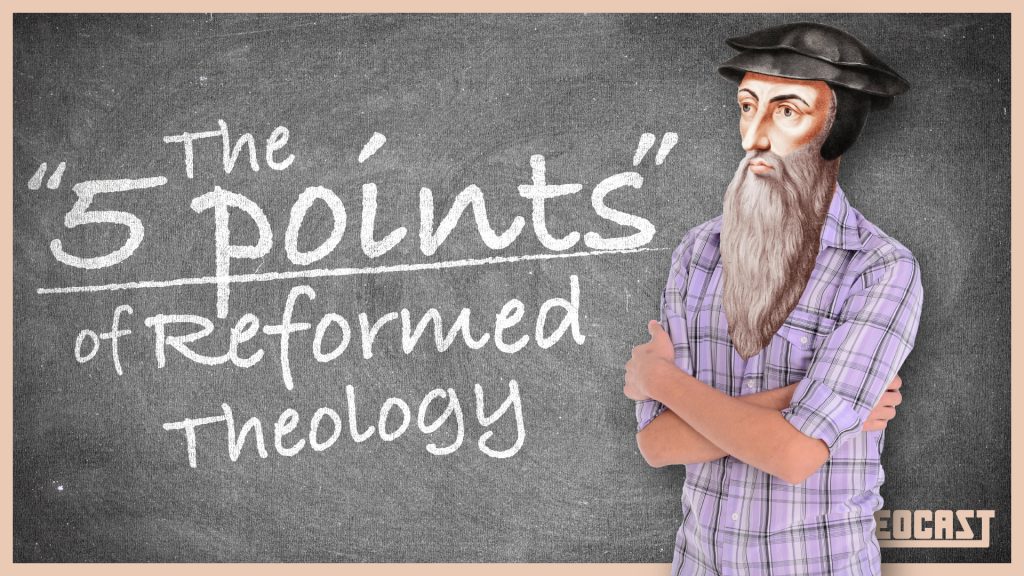
Jon and Justin answer a question that we get all the time: “When you say ‘reformed’ theology, what do you mean?” We offer our own “five points” on the subject.
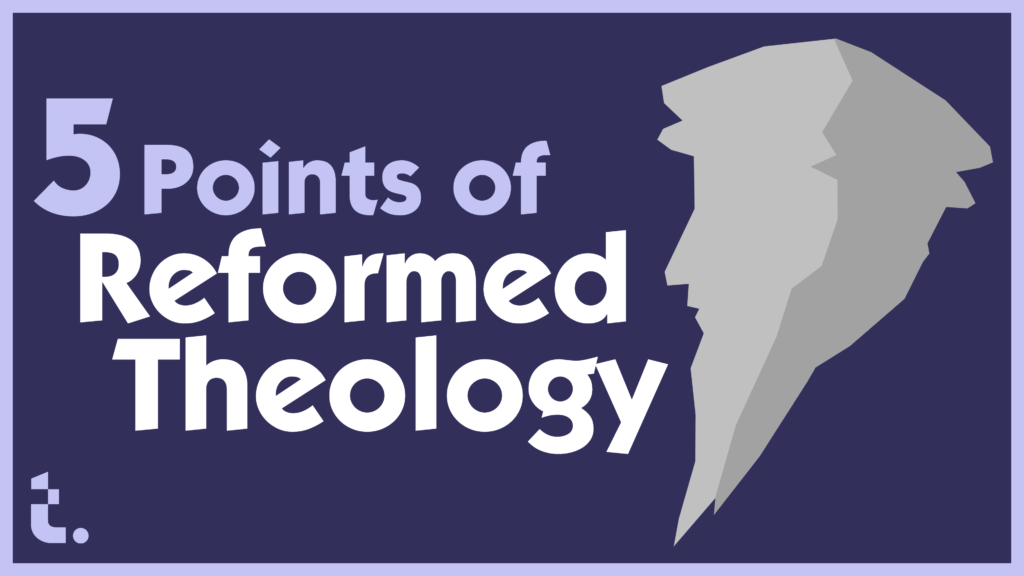
Jon and Justin answer a question that we get all the time: “When you say ‘reformed’ theology, what do you mean?” We offer our own “five points” on the subject.
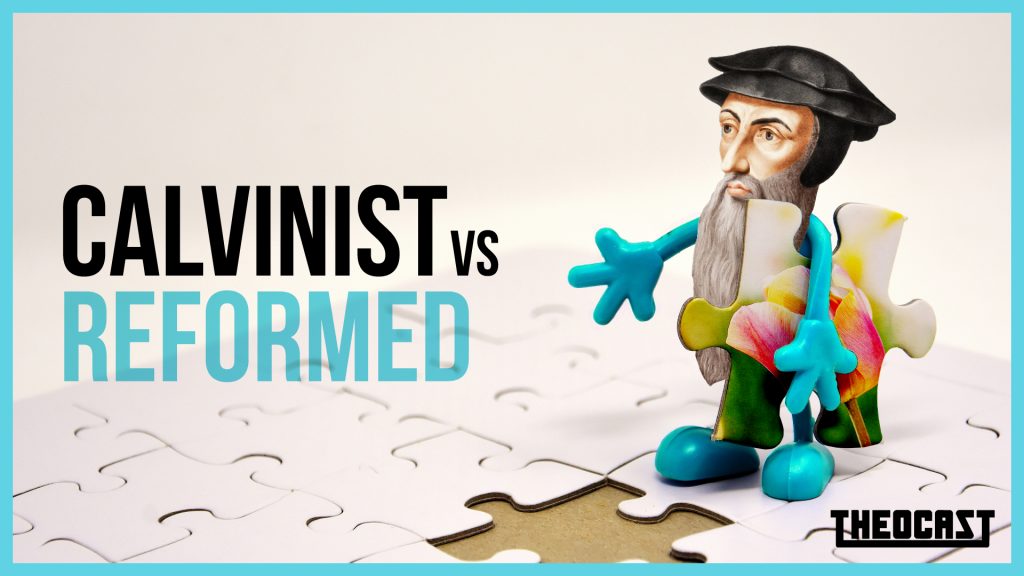
In this episode, the guys talk about the difference between Calvinism and reformed theology. The two are not one and the same. We explain the major tenets of reformed theology and why they are important.

In this episode, the guys talk about the difference between Calvinism and reformed theology. The two are not one and the same. We explain the major tenets of reformed theology and why they are important.
The guys talk personally about our transition into confessional, reformed theology–and the difference it has made in our lives and churches.
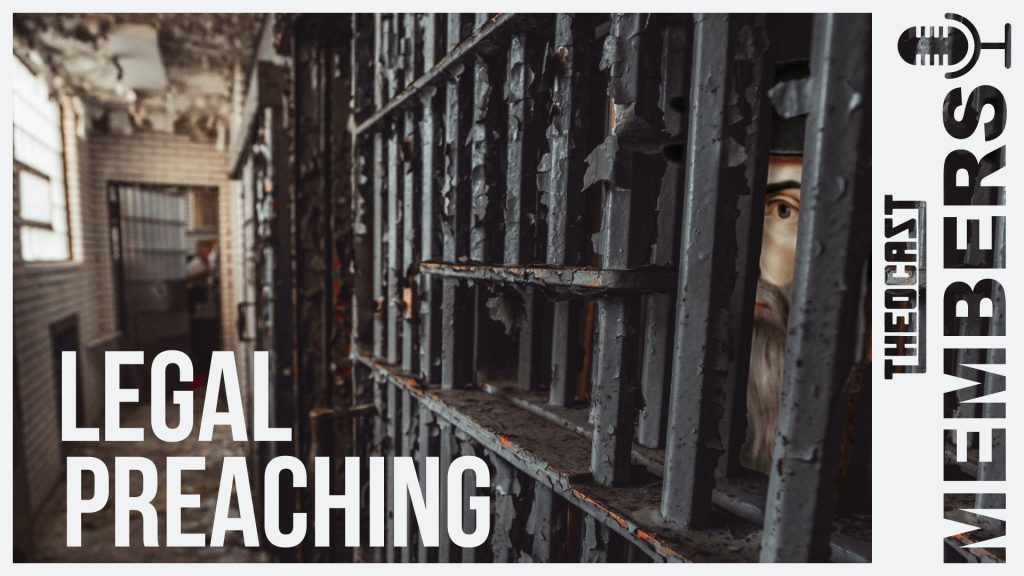
Jon and Justin talk about their own journeys away from legal preaching and also consider the purpose of the pulpit.

In this episode, Jon and Justin discuss legal preaching. This kind of preaching tends to remove hope and establish fear. It tends to turn every passage of Scripture into law. It tends to focus on how people are not measuring up. We point out the prevalence of legal preaching and offer some correctives.

In this episode, Jon and Justin discuss legal preaching. This kind of preaching tends to remove hope and establish fear. It tends to turn every passage of Scripture into law. It tends to focus on how people are not measuring up. We point out the prevalence of legal preaching and offer some correctives.










